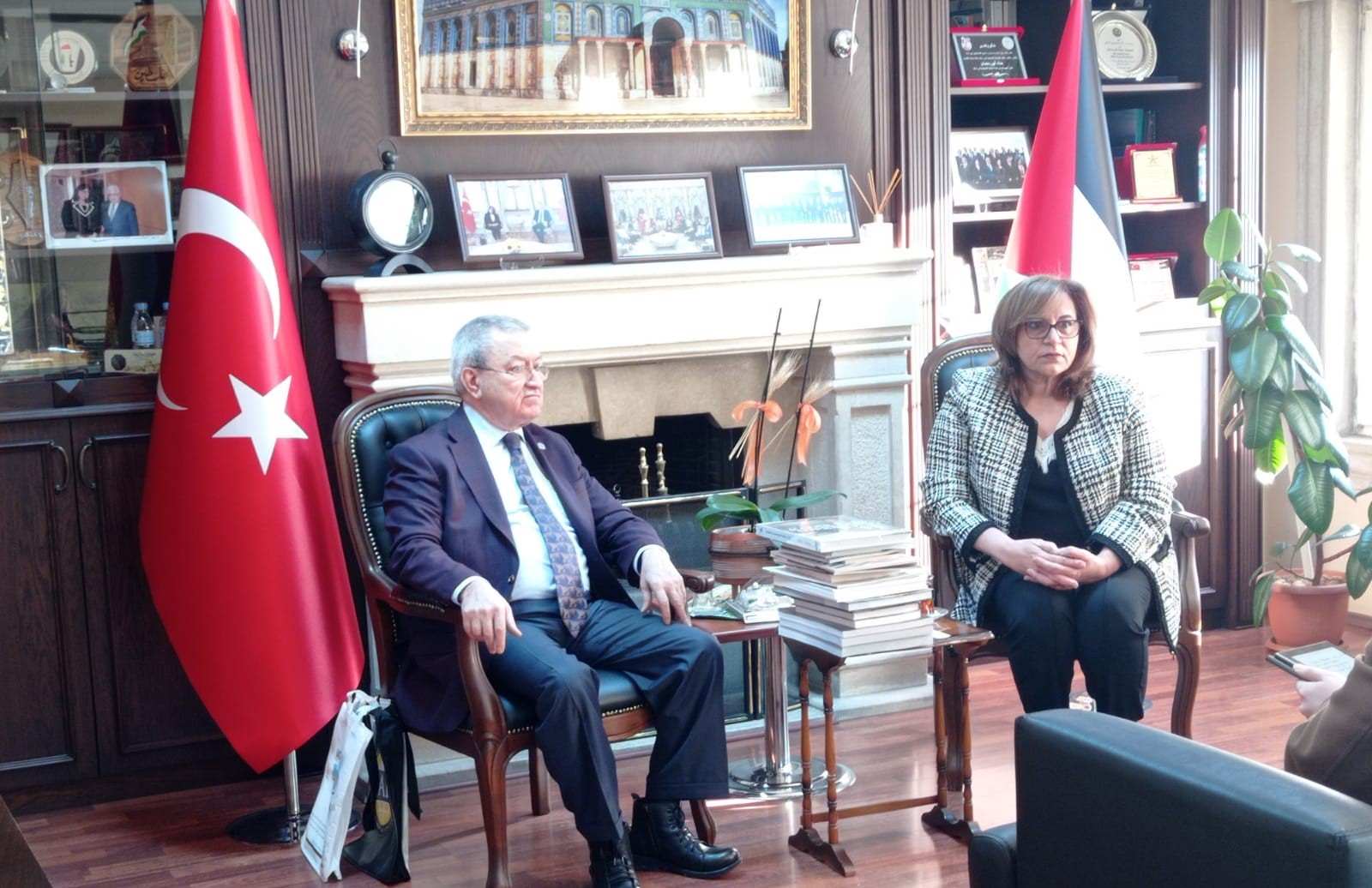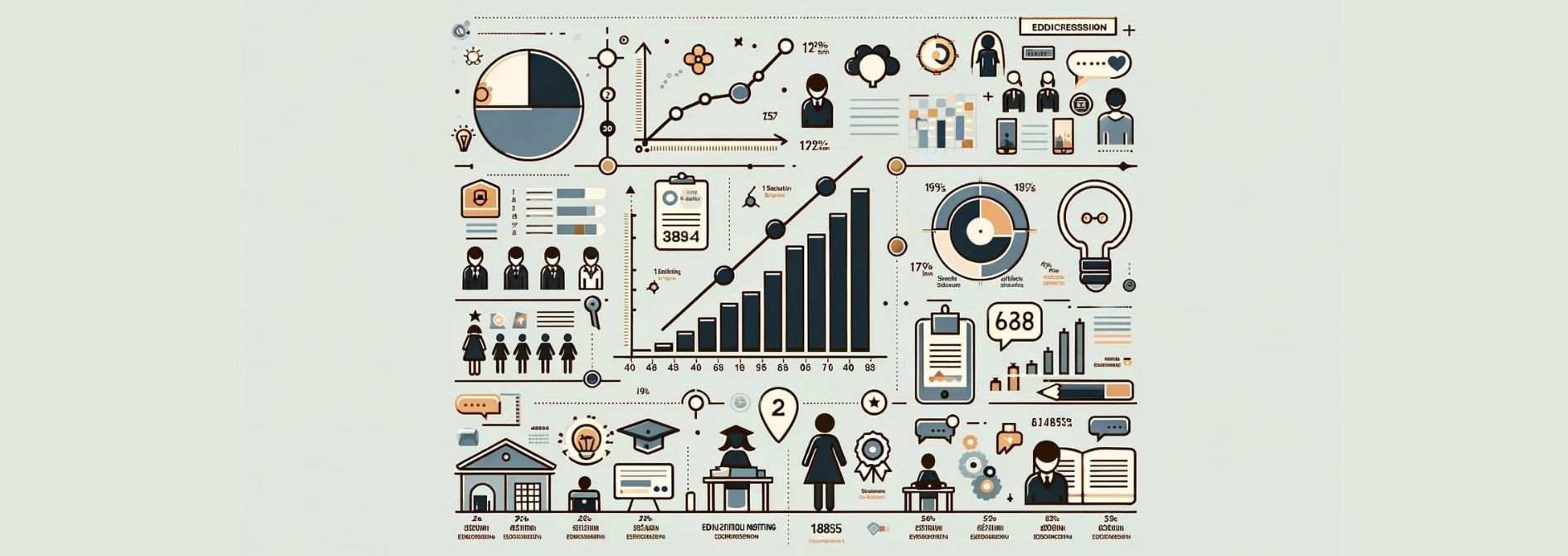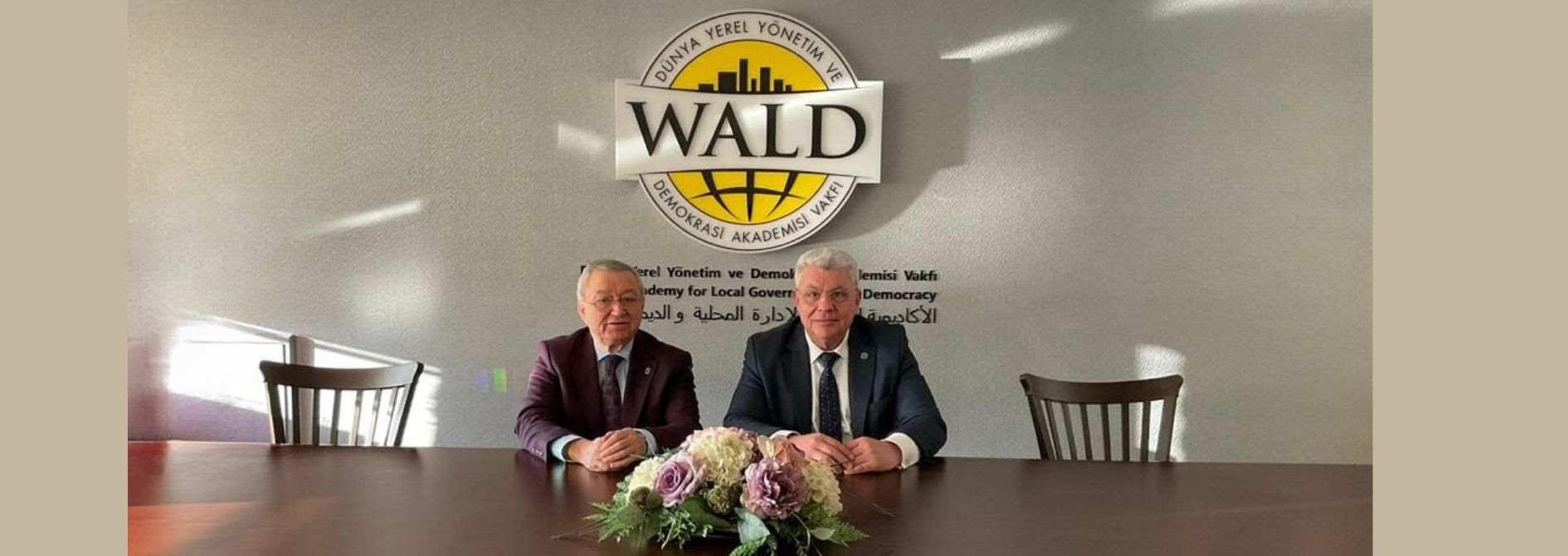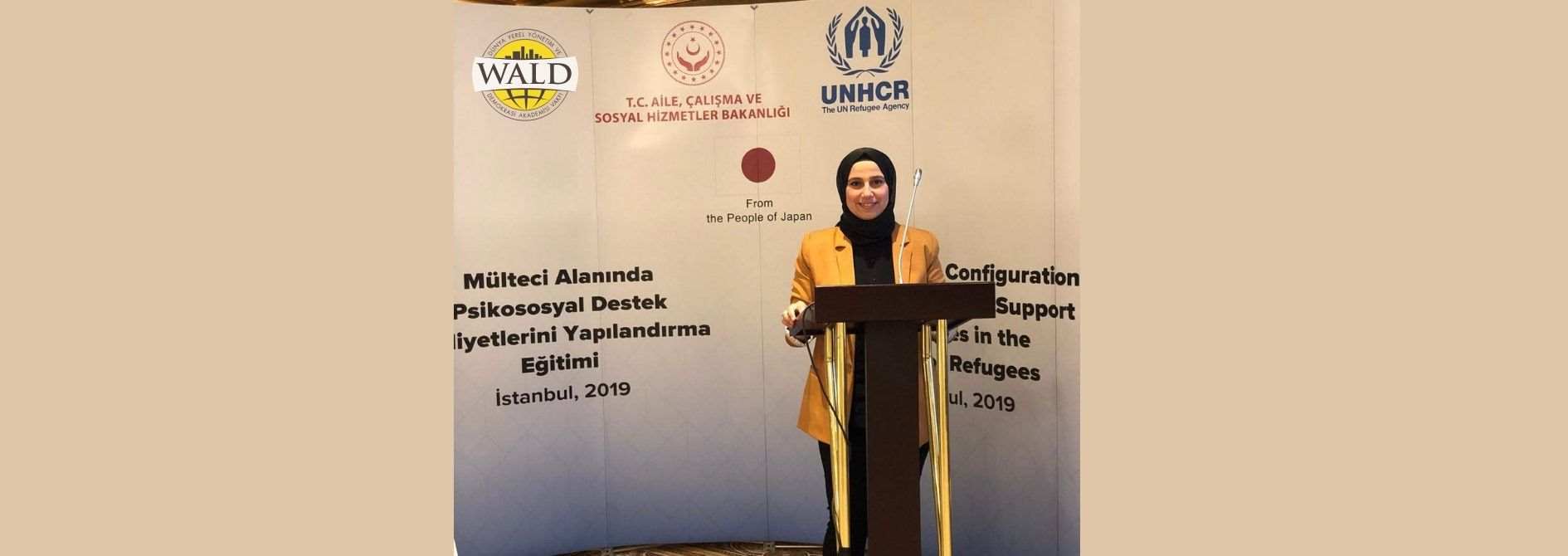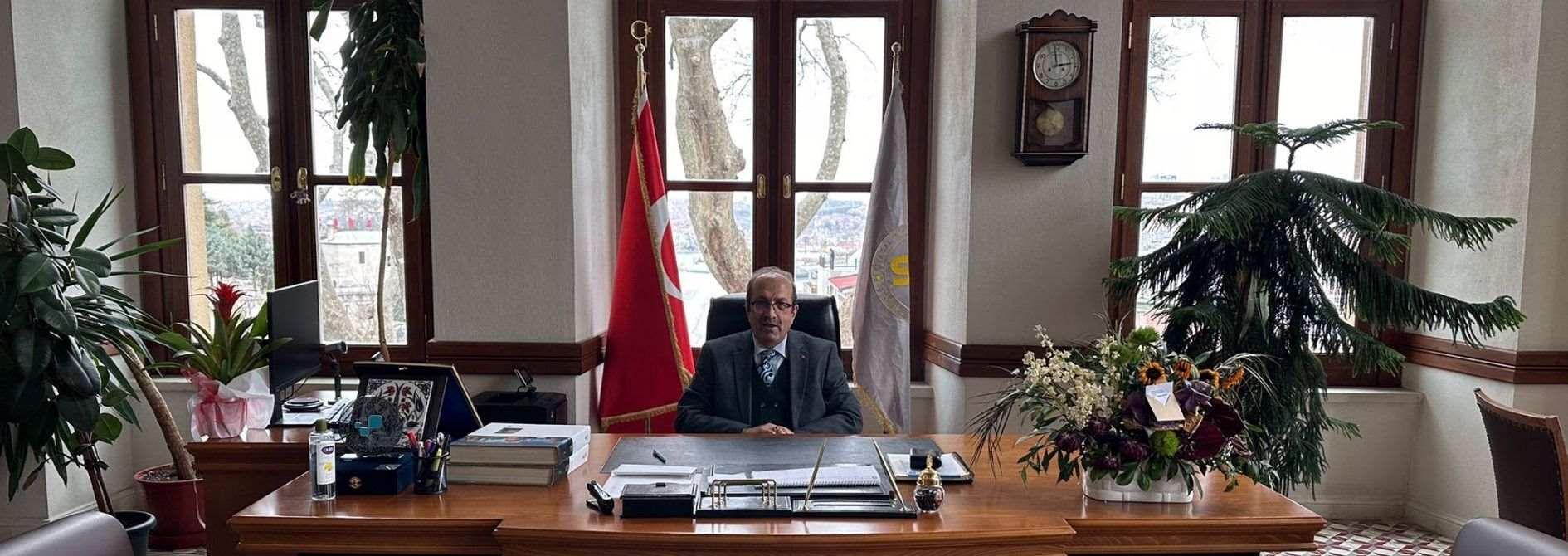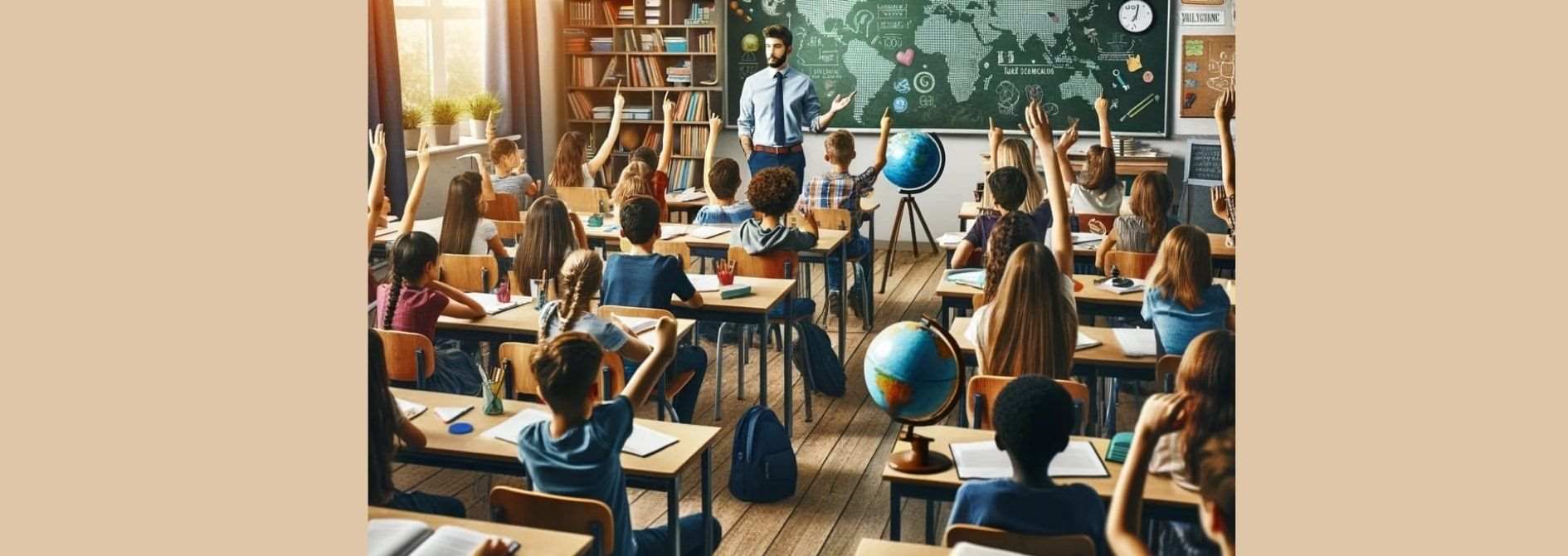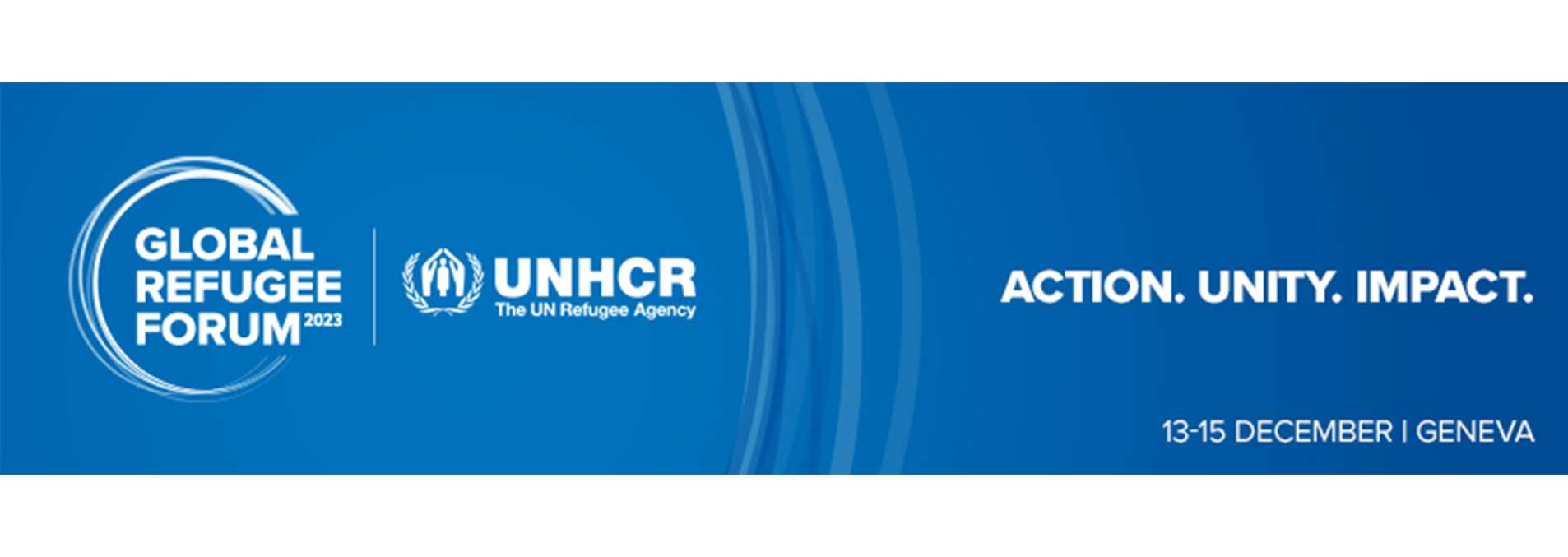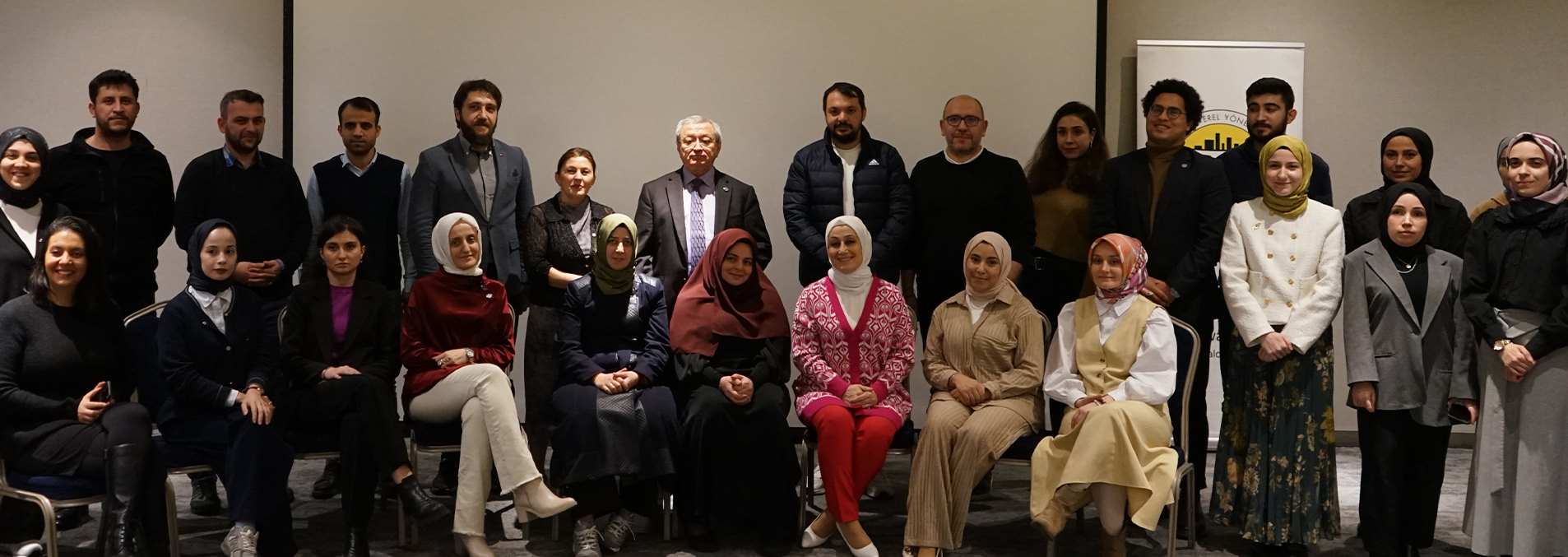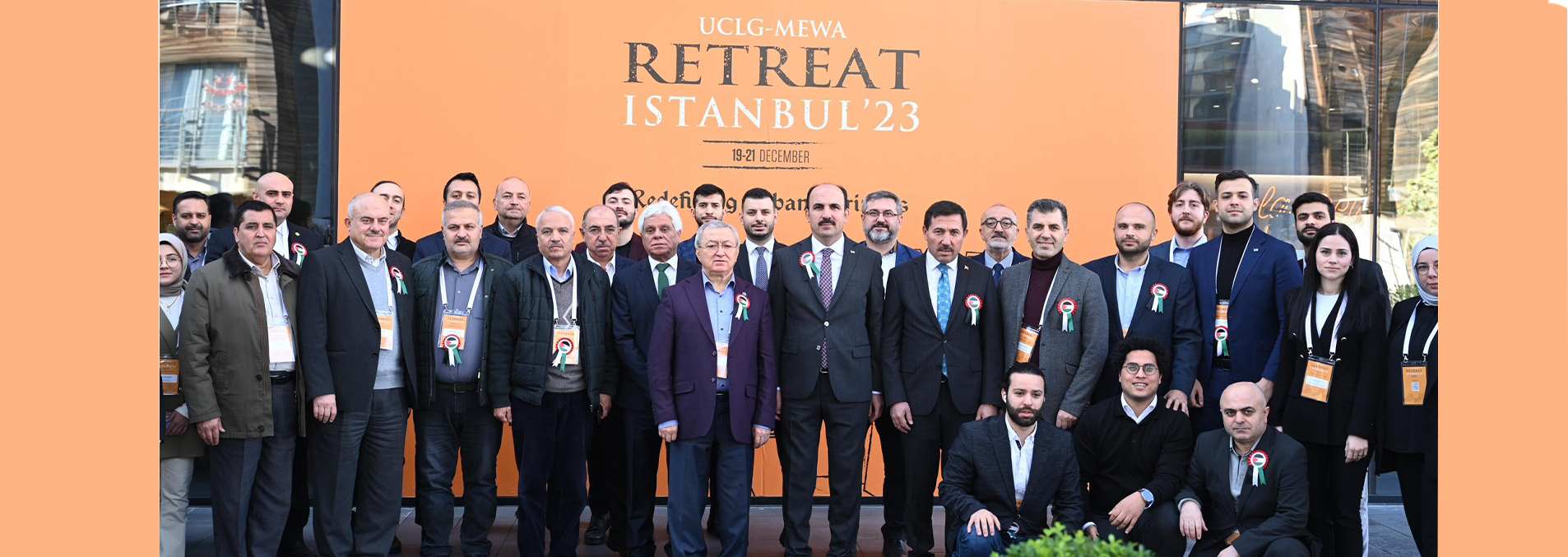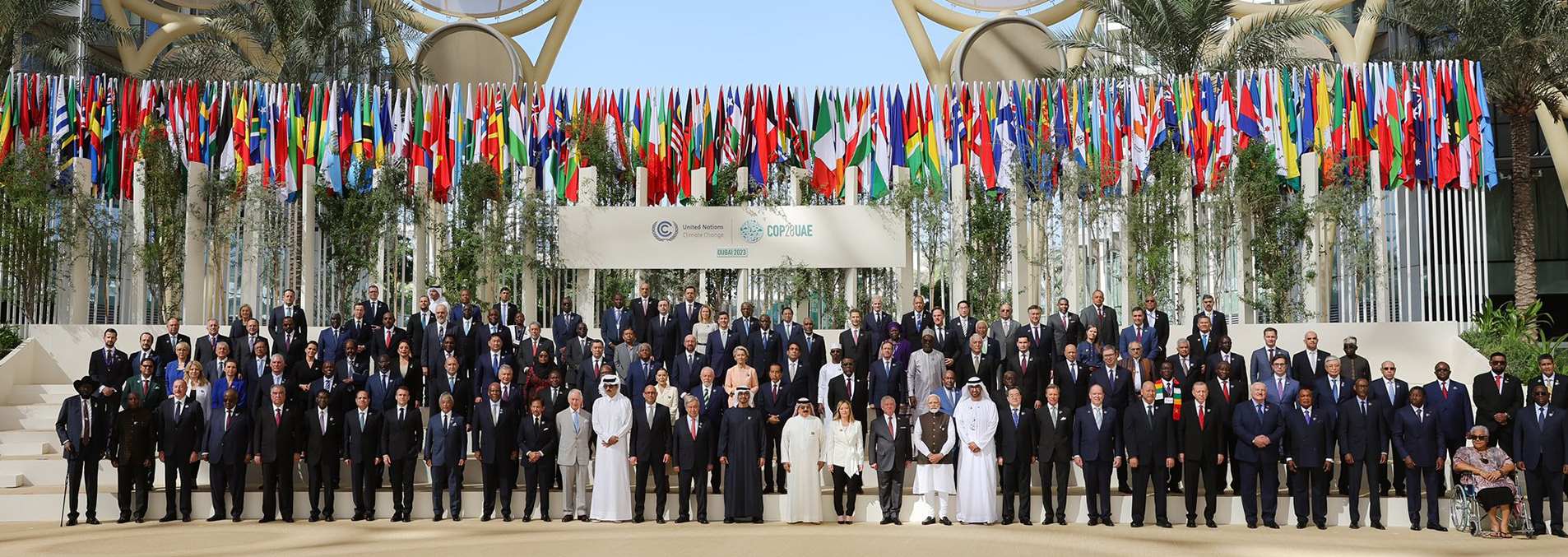Leaders Came Together at “Global Agricultural Forum” for A Sustainable Future!
As WALD, we held the "Global Sustainable Development, Urban Agriculture and Biodiversity Forum" hosted by Konya Metropolitan Municipality and in cooperation with AGRICITIES in Konya between 25-27 May 2022. Ministers of Development, representatives of local governments, high level representatives of related institutions and organizations from 16 different countries participated to the forum. Representatives of local governments, representatives of international and public institutions indicated their opinions and made evaluations for necessary steps to be taken to build a sustainable future at 4 sessions themed as “Changing Climate, Transforming Agriculture”, “The Effects of Climate Change on Agricultural Sector”, “Conservation of Biodiversity in Türkiye and Its Effects On The Future Within The Scope of Sustainable Development” and “Effects of Climate Change on Migration (Climate Migration)” during this three-day long forum.
Global Agriculture Forum started with the greeting speech of the Governor of Konya, Vahdettin ÖZKAN. In his speech, Governor ÖZKAN underlined the fact that Konya has been at the center of civilizations from past to present and he emphasized that hosting such an important forum as Türkiye’s granary is also very meaningful and valuable. Mehmet DUMAN, Chairman of the Executive Board of WALD, came to the stage to make the opening speech of the forum and he expressed that “We are striving to establish a common sense and present a new vision for sustainable development. Climate change, decrease in biodiversity, pandemic, wars and food crisis constitute the most critical issues of today's world and reveal the necessity of achieving sustainable development goals as soon as possioble. I consider the "Global Agriculture Forum", which will be held with the cooperation of local governments and international organizations with a common will on sustainable development, as an important step in building a more livable world.”
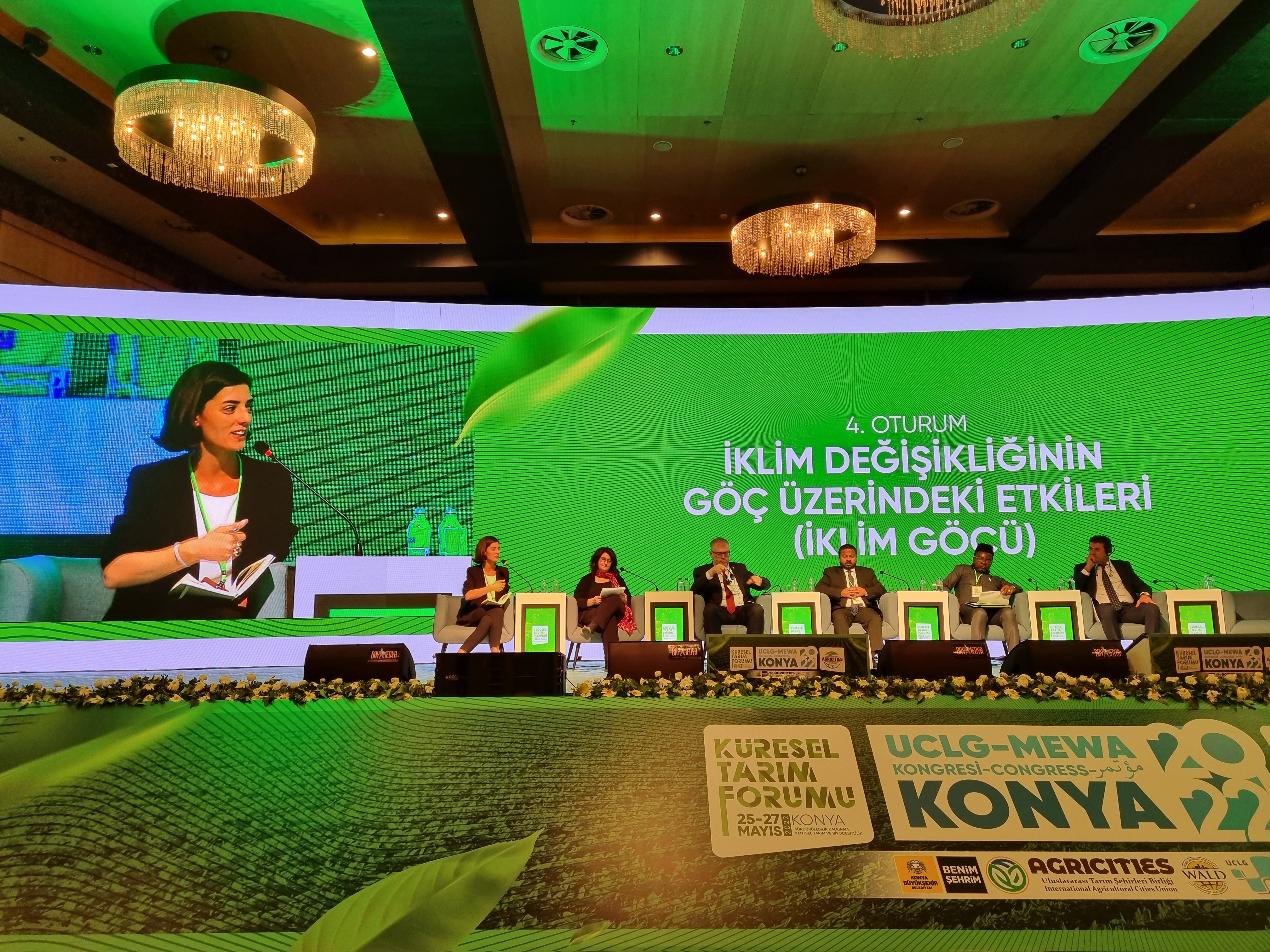
In his greeting speech, as the host and Mayor of Konya Metropolitan Municipality Uğur İbrahim ALTAY indicated that climate change and the problems it brings have reached dimensions that cannot be ignored and as local governments they fufill their duties. World Organization of United Cities and Local Governments (UCLG) President Carlos Martinez MINGUEZ said that “I believe that the steps taken with this forum will make a positive contribution in order not to disappoint future generations.” In her speech Datta FATIMETU, Mayor of Cameroon Dale, stated that uncertainties in agriculture threaten their region and they try to take measures in this regard.
Main speaker of the "Global Sustainable Development, Urban Agriculture and Biodiversity Forum" UN Resident Coordinator to Türkiye Alvaro RODRIGUEZ underlined that sustainable Development Goals and 2030 agenda are set of detailed plans for a fair, green, inclusive, peaceful, resilient development for the global community.
In the first session held on the second day of the Global Agriculture Forum themed as “Changing Climate, Transforming Agriculture”, the participants emphasized that climate change will lead to a food crisis in the long run, which will have a domino effect on climate wars and climate migration and they discussed the necessity of creating action plans locally as well.
In the second session of the day, the panelists, by addressing the issue of "The Effects of Climate Change on Agricultural Sector" on a global scale and by pointing out to the factors that may threaten productivity in the areas of crop, animal production, fisheries and forestry, especially the impact of disasters due to climate change on fragile communities and food security, underscored the importance of implementing Works in these areas.
At the end of the sessions Cameroon Local Development Minister made a speech in which he remarked that “When we say sustainable development, it is necessary to talk about the effects of climate change on the agricultural sector. Our aim is to turn the ideas in all these programs into action. States have a great job to do in terms of international cooperation. We need to reduce emissions of greenhouse gases and fight against deforestation. I find it extremely important to raise awareness of especially young people and women on climate change.”
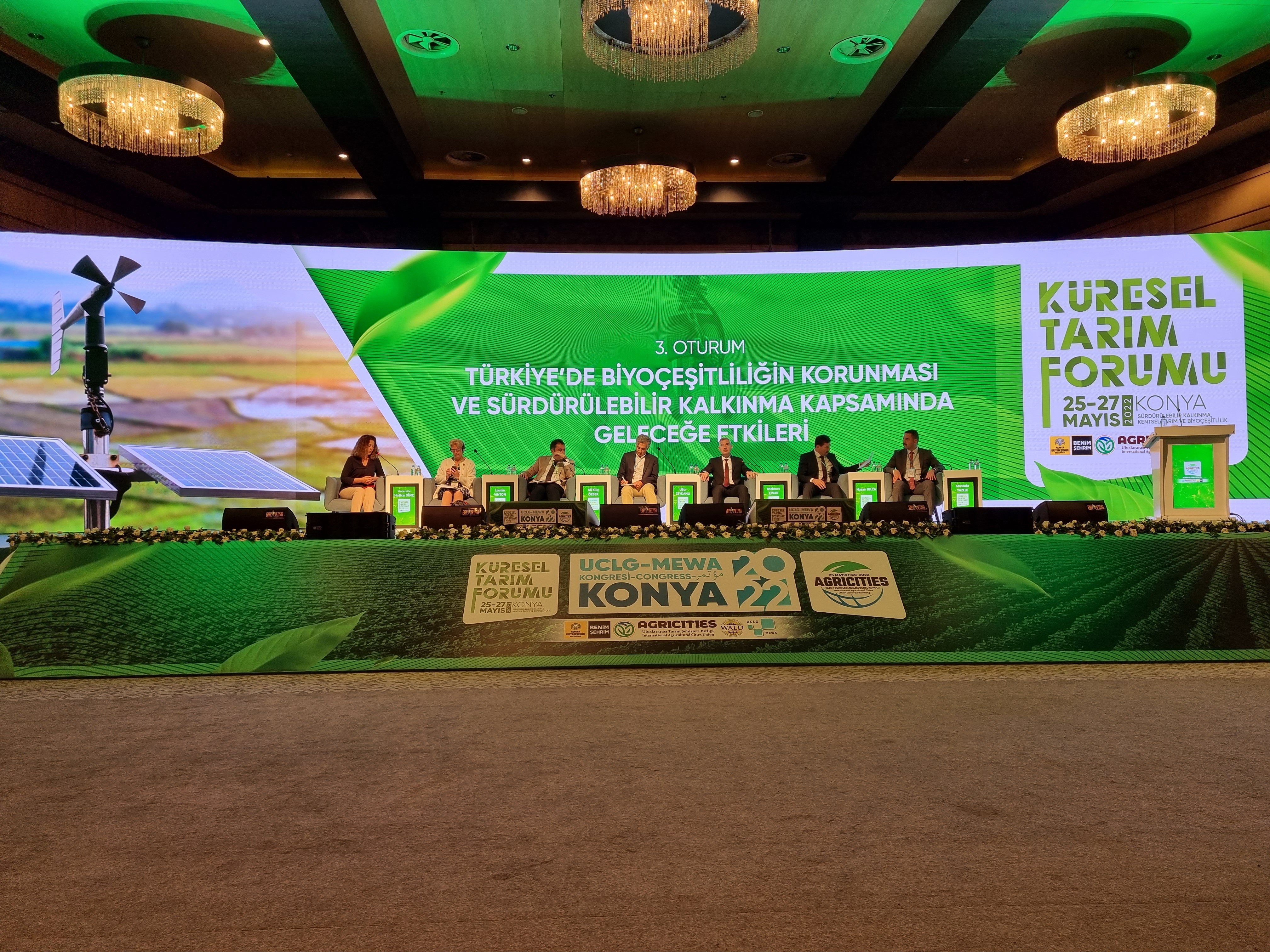
The third day of the Global Agriculture Forum started with the panel "Conservation of Biodiversity in Türkiye and Its Effects On The Future Within The Scope of Sustainable Development" moderated by UNDP Türkiye. In the session; the decrease in living species and the consequent decline in agriculturea and the prominent issues in the Human Development Report highlighted.
The keynote speaker of the session, UNDP Türkiye Resident Representative Louisa VINTON, gave a speech on the danger the biodiversity is in and its impact on sustainable development in a broader sense. In her speech, emphasizing the importance of the role played by local governments in solving the dangers we face, she stated that “The concept of ‘Climate Grief’ explains the impact of the climate crisis we are experiencing not only on biodiversity but also on human psychology. We regret to see that we have many commitments, but each new report proves that the efforts made are insufficient.”
Republic of Türkiye, Ministry of Agriculture and Forestry, Head of Department of Protection of Agricultural Environment and Natural Resources sharing the information that Turkey's atmospheric pollution rate is equivalent to 523 million tons of carbon dioxide and that the industry, transportation and agriculture sectors are the top three polluting sectors said that "The percentage of the agriculture sector in this pollution share is 23%. As the Ministry, we take measures to protect the soil, which is a natural carbon sink.".
The fourth and final session of the Global Forum on Sustainable Development, Urban Agriculture and Biodiversity was moderated by UNHCR with the theme "Effects of Climate Change on Migration: Climate Migration". In the session, the relationship between climate change and displacement and the effects of this relationship not only in Türkiye but also in the whole world was opened for discussion.
UNHCR Türkiye Assistant Representative, Daniela CICCHELLA, who was the main speaker of the session, stated that according to the latest report of IFCCC, there has been a significant increase in displacement as a result of climate change this year. CICCHELLA; “When we look at the top five countries with migration problems in the world, we see Syria, Venezuela, Afghanistan, South Sudan and Myanmar. We can say that these countries are most affected by the climate change. 90% of the refugees and 40% of asylum seekers come from countries that are not resistant to climate change.”. CICHELLA also drew attention to the fire incidents caused by climate change in Türkiye last year.
Deputy Secretary General of Harmonization and Communication of the Directorate of Migration Management Dr. Gökçe OK, who was among the speakers, also underlined in his speech that “As we consume agricultural areas and water resources, we tire people and humanity; we both migrate and collapse civilization. Rather than climate migration, today we are facing a climate-induced migration phenomenon, and we should all know that this is ultimately an economic migration.”.
Also in this session the fact that natural disasters as a result of climate change causing forced migration constitutes the most important dimension of the crisis and the outbreak of wars and conflicts due to scarce resources as a second factor that may cause migration were evaluated.
One of the speakers of the session, Cameroon Kumbo Mayor Mborung Vanesius BONGKIYUNG, stated that Cameroon's economy is based on agriculture and 80% of GDP is based on agriculture. As a result of the drought, a large part of the population dealing with agriculture and animal husbandry migrated from the countryside to the city. He pointed out that this, in turn, led to an increase in crime rates in cities.
In his speech, Konya Hüyük Mayor Mehmet ÇİĞDEM drew attention to reverse migration that there is a migration from the city to the countryside. He stated that both locals and people who have no ties to Hüyük come to Hüyük and tend to engage in agricultural production.
